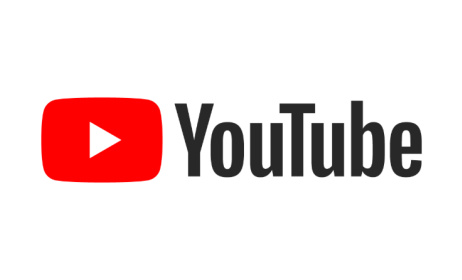YouTube hits back at EU digital content reform
The EU Parliament’s proposed reform of copyright laws sparked joy for holders of content rights but YouTube is not quite as happy
 YouTube CEO Susan Wojcicki has said Article 13 threatens creativity. Photo: Recode
YouTube CEO Susan Wojcicki has said Article 13 threatens creativity. Photo: Recode
The online giant has warned its users that the controversial Article 13 threatens creators who use the site.
“This legislation poses a threat to both your livelihood and your ability to share your voice with the world,” said YouTube CEO Susan Wojcicki in a long note posted on YouTube's blog.
Wojcicki continued: “Article 13 as written threatens to shut down the ability of millions of people — from creators like you to everyday users — to upload content to platforms like YouTube. It threatens to block users in the EU from viewing content that is already live on the channels of creators everywhere. This includes YouTube’s incredible video library of educational content, such as language classes, physics tutorials and other how-to’s.
“This legislation poses a threat to both your livelihood and your ability to share your voice with the world. And, if implemented as proposed, Article 13 threatens hundreds of thousands of jobs, European creators, businesses, artists and everyone they employ. The proposal could force platforms, like YouTube, to allow only content from a small number of large companies.
“It would be too risky for platforms to host content from smaller original content creators, because the platforms would now be directly liable for that content. We realize the importance of all rights holders being fairly compensated, which is why we built Content ID, and a platform to pay out all types of content owners. But the unintended consequences of article 13 will put this ecosystem at risk.”
While not yet law, the proposed reform has split the modern music industry as YouTube supporters claim the legislation limits the possibilities of content creation on the internet. Others are happy at the idea of creators earning more revenue directly from their content on YouTube.
“This is a good sign for the creative industries in Europe,” said Axel Voss of the EU Parliament in a statement concerning the vote.
His view is not shared by YouTube, which has been unequivocal about where it stands since the passing of the vote. “Today’s outcome in the EU copyright debate is disappointing and we’re concerned about the impact on the creative economy across the internet,” tweeted YouTube ‘s chief product officer Neal Mohan after news of the legislation got out.
Although the vote by the parliament was in favour of the Copyright Directive with a 438-226 landslide, individual countries will carry out their own votes in 2019 before the reform becomes law. If Article 13 does become law, watchers can expect more displeased notes from YouTube.
































Comments
Log in or register to post comments